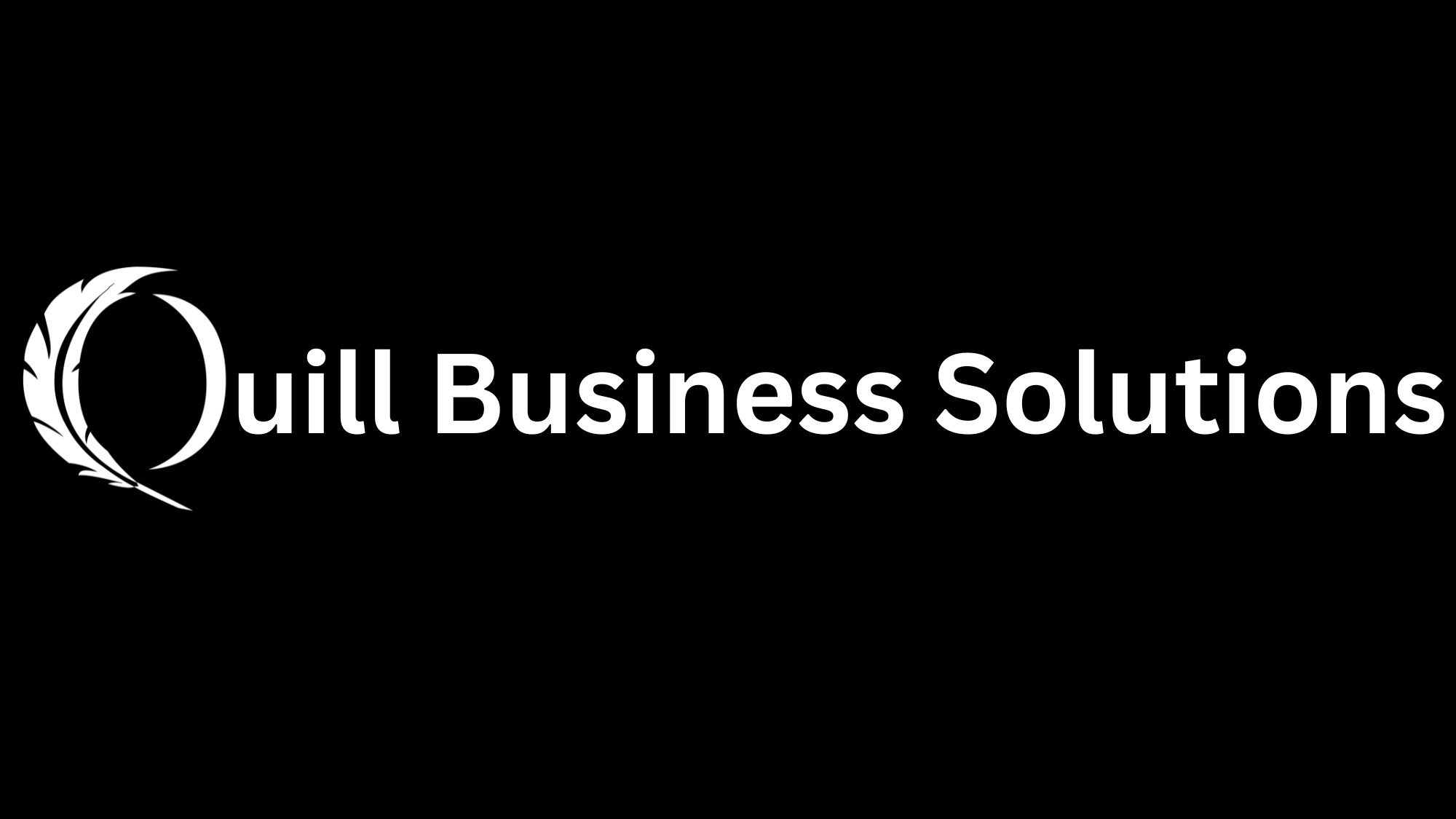Could Virtual Offices be The Future for the Sporting Sector?
As many of us move into the 11th week of working from home, many organisations are seeing this as the catalyst towards taking the plunge towards making their business fully virtual. This means that they have no fixed ‘bricks and mortar’ office residence and employees all work from home—or wherever there’s sufficient Wi-Fi signal—allowing the company to operate nationally without ever having a fixed base.
What are the benefits of going virtual?
Apart from the obvious lack of commute, lay ins and al-fresco lunching due to the unusual climate we’ve been having, the diversity of employees this business model can bring is limitless. There is obviously clear potential in not having restrictions on who you can hire based on their location. If you run a virtual organisation, you aren’t limited to hiring people who live within commuting distance of your office. Instead, you can pick and choose from the best and the brightest around the country. Speak to our partners Acorn Executive Search for support with your recruitment needs; discounts and a pro bono NED Executive Search offering is available. Furthermore, neither you nor your employees will be limited by travel constraints, traffic, or the stress of commuting. Working from a home can also decrease sick days, increase employee retention and supports flexible working hours; a major selling point for any company. It can also enable people with chronic mobility issues to work for you from their home environment. By not spending money on office space, your organisation can also invest the money saved in other areas which can, in turn, help your members and your employees. It’s a common problem that companies of any scale are overpaying for their office premises because the space doesn’t fit their business requirements. The cost of rent, office supplies, electricity, water and equipment will all be saved under this model.
How about the process of going virtual?
We believe going virtual is easier than we first may think. As we’ve experienced in the last few months, where organisations have been forced to allow their employees to work from home. Working virtually from home can increase productivity as well as proving that there are a number of resources available to communicate with your fellow colleagues such as, Zoom, Microsoft Teams, Webex and GoToMeeting to name a few, where you can run small meetings of 10 people to a webinar containing 100+ people with a click of a button. It is easier to grow up as a virtual company as opposed to converting an established company with multiple offices. If you’re thinking about expanding your organisation, you have the advantage of being able to grow around the concept rather than having to fit into it, and you can keep your overhead costs small.
If you are an established organisation with physical offices, it can be a big culture change to move everything online. If you were to consider it, it may be best to start slow and test the water. If you’re looking at going fully virtual you will need to ensure you have the right technology in place to make it work. Ensure you find a reputable and secure web host provider with adequate storage space for your business model and any anticipated growth. Invest in good quality computers/laptops and ensure your employees have the same. The WSA is collaborating with Sport Wales as we speak to offer greater assistance in this regard. Make sure you have a dedicated business phone, fast internet service, fire sharing facilities, virtual meeting rooms (VMRS) and a first-class website. This is vital to remain up-to-date and relevant in the fast-paced growth of the digital world.
Tracking and supporting your employees in cyberspace
If you’re going to make your virtual organisation work, you will need to ensure your employees are all on the same page and all working towards the same goals. This can be tricky when you don’t meet up on a daily basis but there are ways you can keep your employees updated and connected. Your goal is to create a community and you may have to work at it a bit more than you would in a standard office. You will also need to find ways of tracking progress; project management tools can be a big help with this. Software such as Trello or Teamwork can be used to ensure different objectives are being met by set due dates.
Working from home can be isolating, which may lead to a disconnection between employee and employer – so it’s worth finding ways to combat this. Think about what you would do in a standard office and try to emulate this in a virtual environment. You may want to consider creating daily or weekly updates, virtual meetings on Teams, virtual exercise classes, virtual training courses, challenges and virtual team building exercises and even virtual walking clubs.
What are the downfalls of going virtual?
It is widely believed that people can generate better ideas when sat amongst like-minded groups than when they are working alone. A few people may not want to work from home and enjoy the routine of going to the office on a daily basis. As mentioned above, isolation is a problem with home working and a colleague’s mental well-being could suffer without the stimulus of interacting with their employees throughout the week. It also means the employees might find it difficult to switch off from work as their home has now become their workplace – so there’s no longer that clear divide between the two.
You could find it harder to create the sense of camaraderie required for successful collaborative working in a virtual environment, despite software like Teams or Zoom allowing employees to interact face-to-face, nothing will beat being in the same room. You might also find that you need office space to meet existing clients or attract potential new clients. A way to counteract this would be to hire office space by the week or the hour. Conversely, if you don’t like the idea of not having an address, you can buy a registered address online.
Going virtual?
There’s a lot to think about and it’s not expected that people will be ditching the benefits the office environment can bring without a fight, but it’s an interesting concept, nonetheless. There might be a lot more WSA members adopting a hybrid approach in the future and consider combining the traditional approach with virtual offices. The WSA would be happy to faciliate a collective discussions in this regard.
If you are considering changes to your business now, make sure that your insurance aligns with what you’re planning. Talk to our partners Watkin Davies on 02920 626 226 for further support.
For Practical Health and Wellbeing Support Plans for staff, including 24-7 Stress support packages, please contact the team. This is particularly relevant during this time of lockdown.



















